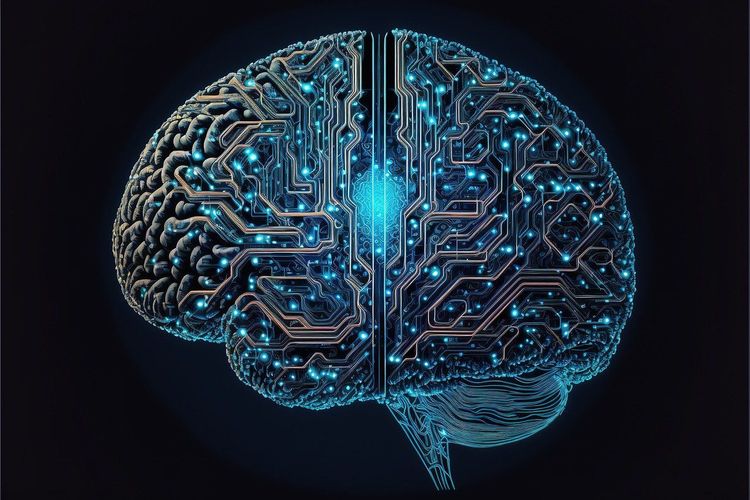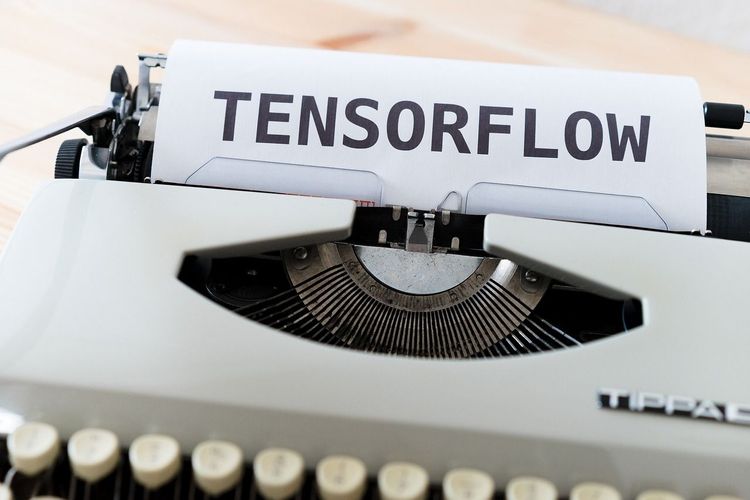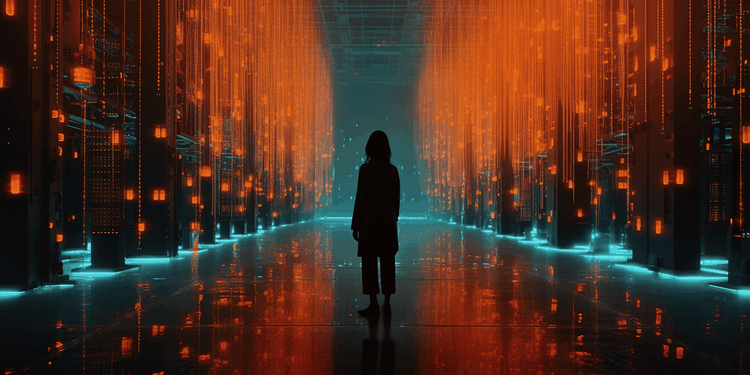A team of researchers from MIT has discovered that engaging multiple AI systems in a debate can significantly enhance the accuracy of their responses compared to relying on a single AI model. Their recent paper, titled *Improving Factuality and Reasoning in Language Models through Multiagent Debate*, highlights how this innovative approach reduces factual errors and bolsters logical reasoning in AI outputs.
Collaborating with Igor Mordatch from Google DeepMind, the MIT scientists introduced the concept of a "Multiagent Society." This framework employs a system where various AI models generate responses to questions and critique each other's answers, resulting in improved output quality and minimized hallucinations—instances where AI generates incorrect or nonsensical information. Notably, this method can also be applied to existing models, such as OpenAI’s ChatGPT, enhancing their performance.
The Multiagent Society approach involves several iterative rounds of response generation and feedback. Initially, one model produces an answer, which is then assessed and refined based on critiques from other models. This collaborative process resembles a group discussion in which participants share insights to arrive at a commonly agreed conclusion.
The researchers also compared the performance of different language models within this framework, specifically testing ChatGPT against Google Bard. Although both models initially struggled with accuracy on a given prompt, together they managed to arrive at the correct solution by leveraging their combined strengths.
The application of this method has led to impressive outcomes across various benchmarks, particularly in natural language processing, mathematical reasoning, and puzzle-solving tasks. For instance, on the widely recognized MMLU benchmark, models utilizing multiple agents achieved an impressive accuracy score of 71, compared to just 64 when only a single agent was used.
Yilun Du, a Ph.D. student at MIT and the lead author of the study, emphasized the benefits of this multi-agent approach: “Our process engages a variety of AI models, each contributing unique perspectives to address questions. Even if their initial responses contain inaccuracies, these systems can refine their answers by critically reviewing the inputs from their counterparts. Through this dialogue, they become adept at identifying and correcting errors, enhancing their problem-solving capabilities and ensuring the reliability of their responses.”
For those interested in exploring this cutting-edge project further, the source code used in developing the Multiagent Society framework is available on GitHub.
This research underscores the potential of collaborative AI systems to improve factual accuracy and reasoning, paving the way for more reliable and insightful AI applications in various fields.







